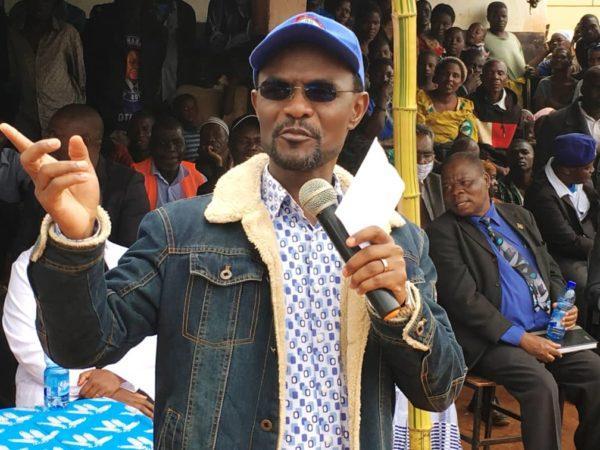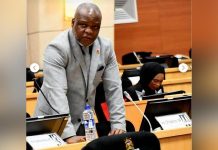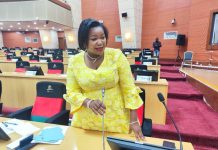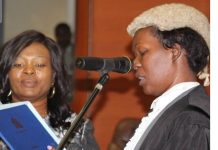Africa-Press – Malawi. Malawi’s legislators are making a frantic, thinly-veiled attempt to claw back control of the Constituency Development Fund (CDF)—despite a clear High Court ruling kicking them out of council chambers and stripping them of direct influence.
The desperation was exposed when Local Government and Rural Development Minister Ben Phiri openly advised MPs “not to attend council meetings” in his November 10 ministerial statement, a remark many observers say signaled political cover for lawmakers plotting a return to CDF structures. Beneath Parliament’s calm façade, MPs have quietly formed a bi-partisan taskforce working on new Bills designed to force their way back into CDF operations and reinsert themselves into council processes that the court had explicitly shut them out of. The timing and boldness of these manoeuvres suggest tacit approval from the Mutharika administration, which publicly promised to respect the court ruling but has shown no intention of stopping MPs from crafting a legislative detour around it.
This renewed fight for control is part of a long and well-documented pattern. The DPP has spent years attempting to tilt local governance in favour of parliamentarians. In 2010, under the late Bingu wa Mutharika, the party championed amendments that elevated MPs above councillors to maintain a political edge in development projects that secure votes. Now, back in power and overseeing a CDF that has jumped to K5 billion per constituency, the party and its allies in Parliament appear eager to revive the same playbook. One MP involved in the secret taskforce put it bluntly: “We cannot let councillors manage CDF. That cannot happen.”
Mzimba South MP Emmanuel Chambulanyina Jere, who moved the motion to introduce the forthcoming Bills, argues that the High Court never barred MPs from participating in CDF matters, only from voting at council level. Legal analysts, however, describe this interpretation as dangerously self-serving, saying MPs are stretching the ruling to create loopholes that justify their return to a fund the court deliberately insulated from political interference.
The Malawi Local Government Association (Malga) has condemned the attempts to sideline councillors. Its executive director, Hadrod Mkandawire, insists that councillors are the legitimate custodians of councils and that any effort—legal or otherwise—to undermine the High Court’s decision will be challenged. Civil society organisations share this concern. They accuse MPs of designing reforms that appear to comply with the law while quietly preserving political control over how and where CDF money flows.
Centre for Social Transparency and Accountability executive director Willy Kambwandira said the government’s response to the court ruling reveals a hedged, strategic retreat rather than genuine compliance. He warned that removing councillors from project submission and shifting authority to ADCs and DCs risks sidelining local governance actors while leaving room for MPs to regain influence through the backdoor. New Bills, he argued, are being crafted precisely for that purpose—to legitimise parliamentary involvement without openly breaching the principle of separation of powers.
Centre for Human Rights and Rehabilitation executive director Michael Kaiyatsa added that the political incentive to control CDF remains high, and government’s language—especially the minister’s repeated use of “for the time being”—suggests that legislative amendments are already being contemplated to quietly restore MPs’ authority.
Minister Phiri did not respond to questions, but the silence speaks loudly. As MPs scramble to reclaim control of billions meant for community development, the Mutharika administration appears content to watch from the sidelines. For many governance observers, that silence is not neutrality—it is complicity.
For More News And Analysis About Malawi Follow Africa-Press






